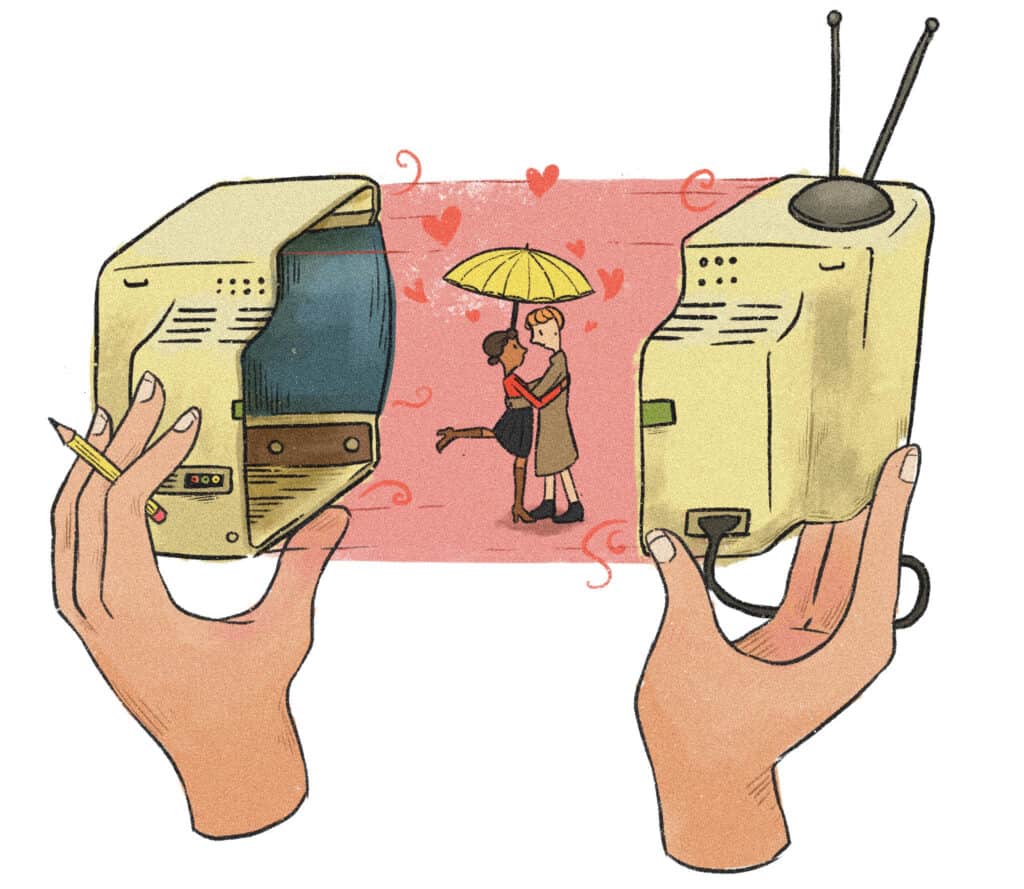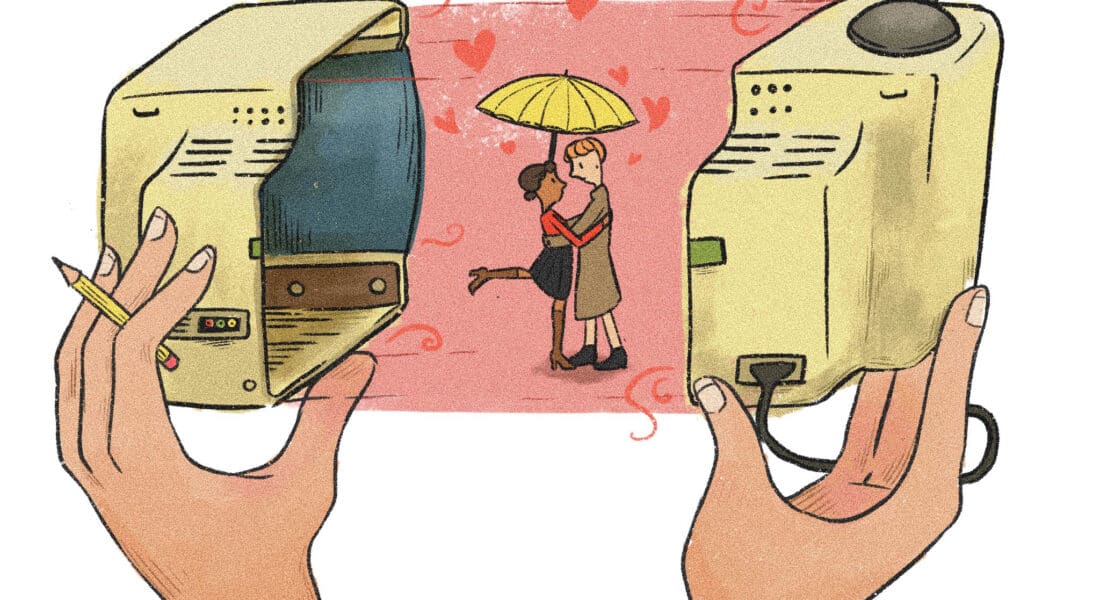
In the therapy space, I am mindful of not giving out any advice or life lessons (We already have all the neighbourhood aunties and uncles for that). Ironically though, learning to be a therapist is also a lot about learning lessons about human relationships!
And what’s a more fun way to discuss them than through our all-time favourite (*ahem* and sometimes pretty problematic) rom-coms? This Valentine’s day, allow me to take you through some of the less famous and glamorous parts of love, through some of the most famous movies about love.
1. ‘Crazy’, Stupid Love – We can’t learn to ‘love ourselves’ first
Love’s a little more complicated than ‘You have to love yourself first and only then will someone love you’. *eyeroll* Loving ourselves can be pretty hard when many of us grew up in environments where we didn’t feel completely accepted or cared for.
Like everything else, loving yourself is a skill that builds over time, and it comes much easier when we learn how to do it from others. I’ve learned through my clients that the resources to show ourselves love and compassion are built through relationships. The magic and wonder of new and safe connections can help us to work through our relational needs and we can even grow as a person. Maybe it means that many of us need partners who can assure you when you feel insecure and that’s completely okay!
2. 10 Things I Hate About You – Love kinda hurts sometimes
Okay, you definitely shouldn’t hate your partner, but also hurt kind of comes with the territory of love. Without the possibility of being hurt, we can’t create authentic connections. This is a similarity between each of my clients and myself. We’re afraid of being hurt – and hey, so is everyone with a heartbeat! Love without hurt is like espresso without coffee, or cake without sugar (Hard pass on all that sugar-free stuff).
And you know what? The fairy tales have gotten it wrong – safe and healthy relationships do not always feel good or happy. Similarly, I tell my clients that it’s okay if they don’t always feel great after therapy sessions. Growth can be uncomfortable at times – especially if we have just uncovered some unhelpful patterns.
3. Call Me By Your Name – Communication is good, even when things get hard
Another untalked part of safe and healthy relationships? Good relationships are not devoid of conflict – but they are devoid of unhealthy expression of it.
This means that at times I have to (gently) ‘call out’ my clients to make them reflect on their patterns. This isn’t easy, and it took me time to realise that not doing so-came from my own fear of conflicts or hurting my client.
In the therapy room, I learnt that confrontation and conflict can co-exist within the walls of safety and compassion. This means I can draw boundaries to sustain our connection and can hold my clients accountable without blame!
4. Definitely, Maybe – Boundaries are like a fence
We have a tendency to think in terms of black and white. So we then assume that intimacy is when we completely let all our walls down, or protect ourselves by putting up giant iron gates. But what if there was a middle ground? What if we look at our boundaries like a fence with a gate which is sometimes open, but also sometimes closed.
It’s okay to want proximity to our partners at times and also to want space from them. Both those needs can exist simultaneously! This may mean that some of us may need to build a fence or lower our walls just a bit.
5. The Notebook – It’s all about the small stuff
Love is about showing up – on every page in the smallest ways possible. I would be lying if I said I didn’t grow up on the idea of grand romantic love – you can blame my all-too-evident love for Hollywood. I was taught that one grand gesture like rushing to the airport and declaring my love would be what made a relationship meaningful.
But adult relationships are about those small, (sometimes even mundane) and consistent gestures that make a part of everyday life that speaks volumes about connection. Research into relationships has covered ‘bids for connection’, which are attempts by which our partners ask for attention or connection. For some people, it could mean asking to hold hands, in others it could be about sharing our day with our partners.
In therapy this means passing my clients that glass of water, staying silent, or remembering my client’s favourite musician. This is what my clients remember more than any grand advice or insight into themselves I have offered.
So hang onto those smaller things – the goodnight texts, the quiet walks and unexpected compliments. It’s what makes loving and being loved worth it.

